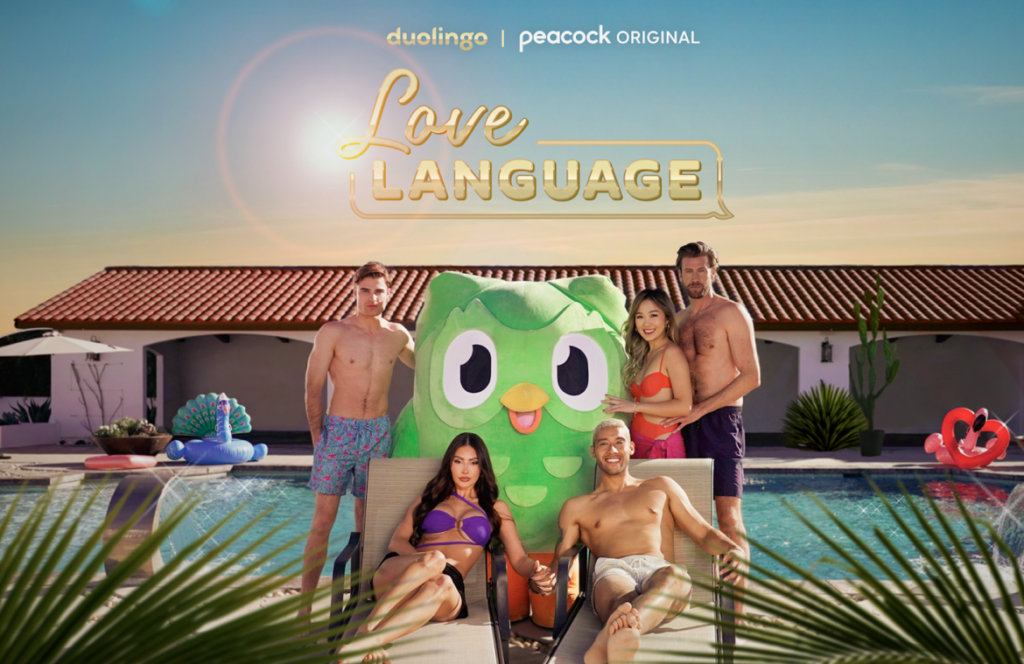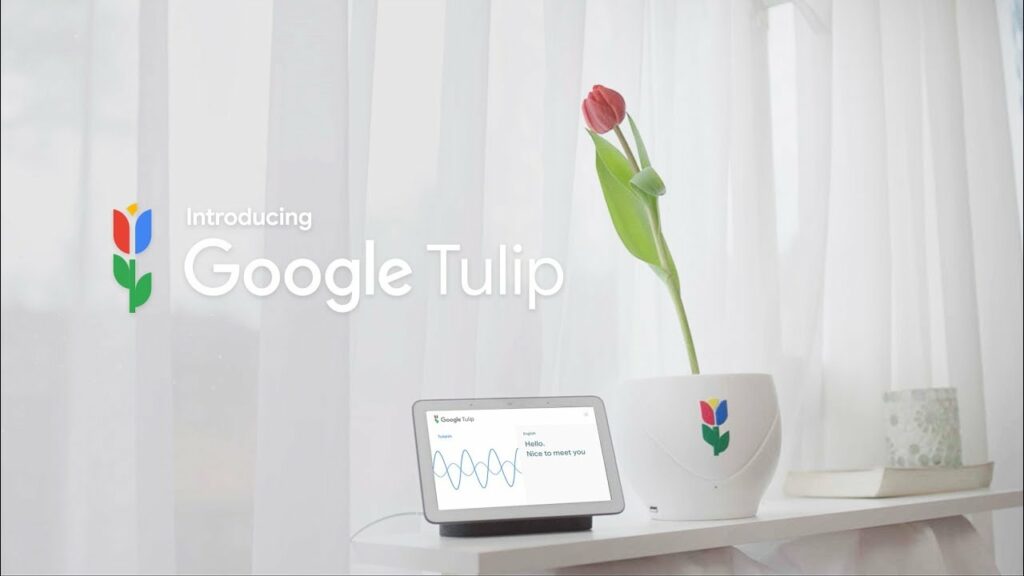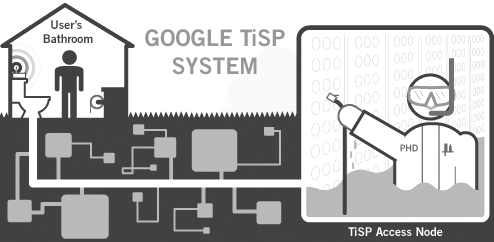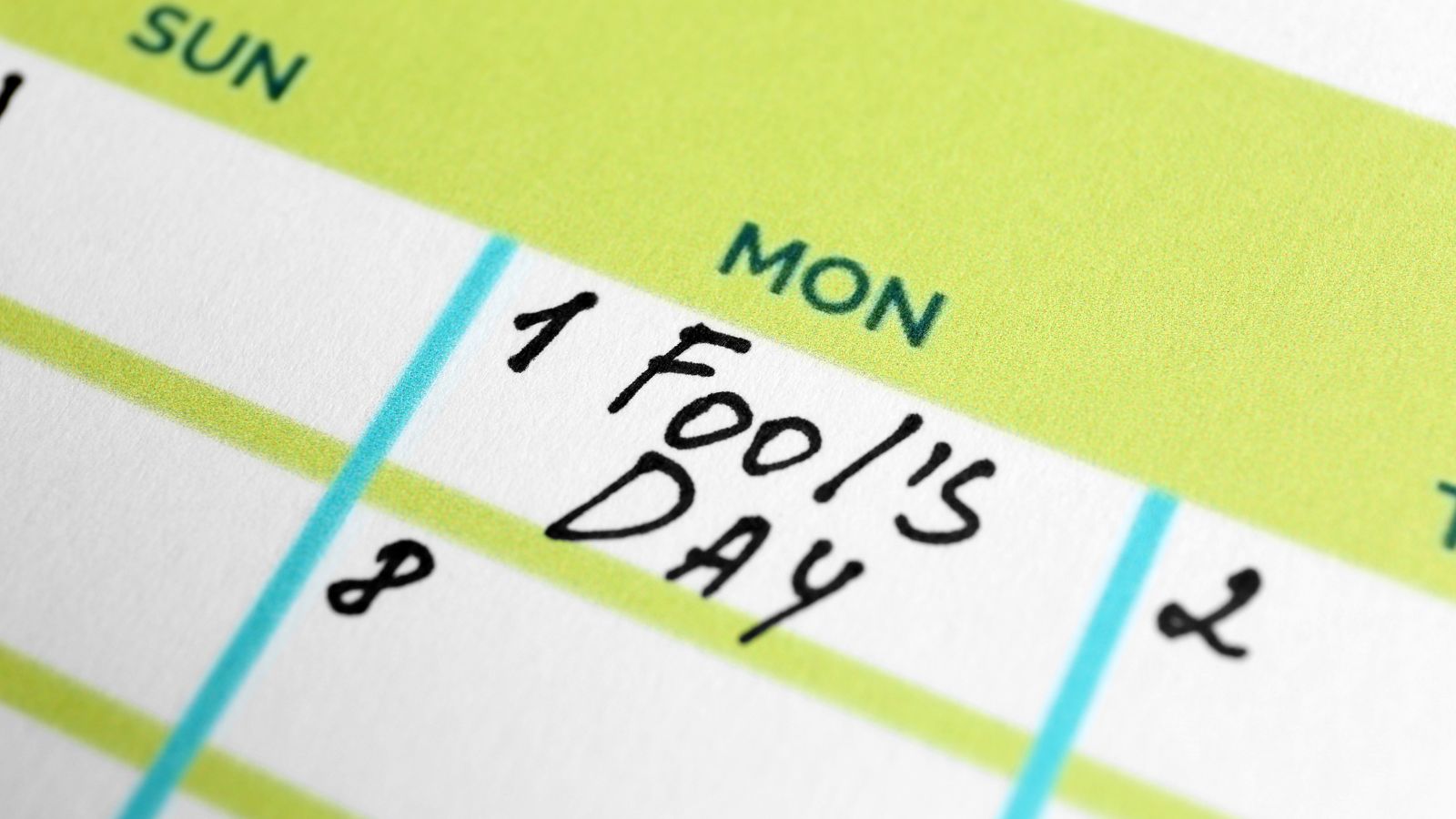Each year on April 1st, brands of all shapes and sizes go to some pretty extreme lengths to prank their audiences and generate a buzz. Increasingly, these brands are relying on marketing agencies in a bid to really nail an integrated April Fools’ Day campaign that is as convincing as it is ridiculous.
But what makes a memorable April Fools’ stunt?
We asked our team about the campaigns that have stuck with them over the years – and they all have four things in common.

‘Love Language’ – Duolingo and Peacock’s new dating show
In 2023, Duolingo released the trailer for its brand-new dating show on Peacock which brings together 10 hot and flirty singles in the hopes of finding true love. The hook? None of them speak the same language.
To cement the announcement’s legitimacy, the trailer for ‘Love Language’ features Francesca Fargo, a regular on some of Netflix’s most popular dating shows including ‘Love Is Blind’ and ‘Too Hot to Handle.’
While the show unfortunately turned out to be fake, the stunt delivered real business goals for both Peacock and Duolingo who used the campaign as a tool to advertise new-user promotions.
Jade, Digital PR Exec: “This fooled a lot of people because honestly, I’m surprised they haven’t done this for real. It makes sense with Duolingo’s whole brand persona on social media as well.”

BBC – ‘Miracles of Evolution’
How do you get users flocking to your new streaming service? Broadcast a 90-second advert for a new documentary titled ‘Miracles of Evolution’, showing never-before-seen footage of penguins taking flight, of course.
That’s exactly what the BBC did in 2008 in a bid to promote the newly launched BBC iPlayer. Presented by Monty Python star Terry Jones and created by filmmaker ‘Prof Alid Loyas’ (a clever anagram of April Fools Day), the completely fake footage of flying penguins even caught the attention of The Daily Telegraph and The Daily Mirror who published headline articles about the upcoming film!
Mike, PPC Manager: “Penguins… what’s there not to like? I like how this campaign looks to bring awareness to equality. Just because penguins can’t fly, doesn’t make them any less of a bird… it’s bigger than black and white, ya know?”

Keepmoat Homes’ Instant Hot Tea Tap
In the wake of the pandemic, Keepmoat Homes found the perfect way to tease would-be homeowners: an instant hot tea tap that would make working from home even more of a dream.
Abbie, Marketing Manager: “I’m a bit ashamed to say this one actually fooled me before I realised what day it was. It taps perfectly into what makes a great April Fools’ – highly desirable and just realistic enough to make people second guess themselves. We already have instant hot water taps, so what’s to say that an instant tea tap isn’t on the horizon?”

Google Tulip
Ever wished your poorly plant could tell you exactly what’s wrong? Google seemingly solved this universal problem with the launch of ‘Google Tulip,’ an AI offering that communicates with tulips! Google’s press release announcing the product cited well-renowned journals and even a link where curious plant-owners could learn more about the technology involved in bringing ‘Google Tulip’ to life.
Josh, Designer: “I thought the campaign was genuinely funny. The idea of using hi-tech to speak to flowers is ridiculous but the quality of the campaign was so good, mixed with the fact we know how innovative Google are, made you question if it was actually real for a second.”

Google’s Toilet Internet Service Provider
If free at-home Wi-Fi sounds too good to be true, it’s because it is. But that didn’t stop hundreds of people falling for Google’s Toilet Internet Service Provider (TiSP) prank in 2007, which would allow users to connect to the internet via their toilet. Yes, it’s as weird as it sounds.
Dean, Head of CGI: “It’s just memorable, disgusting, and actually plausible! And at the time there was rumours about Google planning to offer free broadband, and this fed in it so well!”

Google Maps turns into Pac-Man
Time’s Square. The Shibuya Crossing. Piccadilly Circus. They’re a nightmare to navigate at the best of times – but Google took things once step further when it turned Google Maps into real-life Pac-Man! The stunt had users obsessed with the game and generated global conversation, with countless forums and news outlets comparing the most fun and challenging locations to play.
James, Business Development Manager: “Google subverted the usual April Fools’ Day prank by being an actual functioning game, while encouraging people to explore one of the company’s key products.”
What makes a brilliant April Fools’ Campaign
First things first, commitment to the bit. Our favourite campaigns have research, press releases and even influencer collaborations to convince audiences of their legitimacy.
Pranks also work best if they’re actually plausible – no one would believe Keepmoat Homes had developed self-building houses, but an instant hot tea tap had people second guessing!
These campaigns also highlight the importance of leaning into current trends and topics. Duolingo effectively tapped into the world’s current dating show obsession, and Google listened to conversations about its free broadband offering to deliver a convincing prank.
Most importantly, these campaigns all aligned with the brands personalities and service offering. Whether it’s light-hearted fun from Duolingo, technical innovation from Google, or austere authority from the BBC which had some of the most prolific editors in the UK hoodwinked, no one will believe a prank if it doesn’t seem authentic to the brand!
*This article wasn’t sponsored by Google. We promise.

